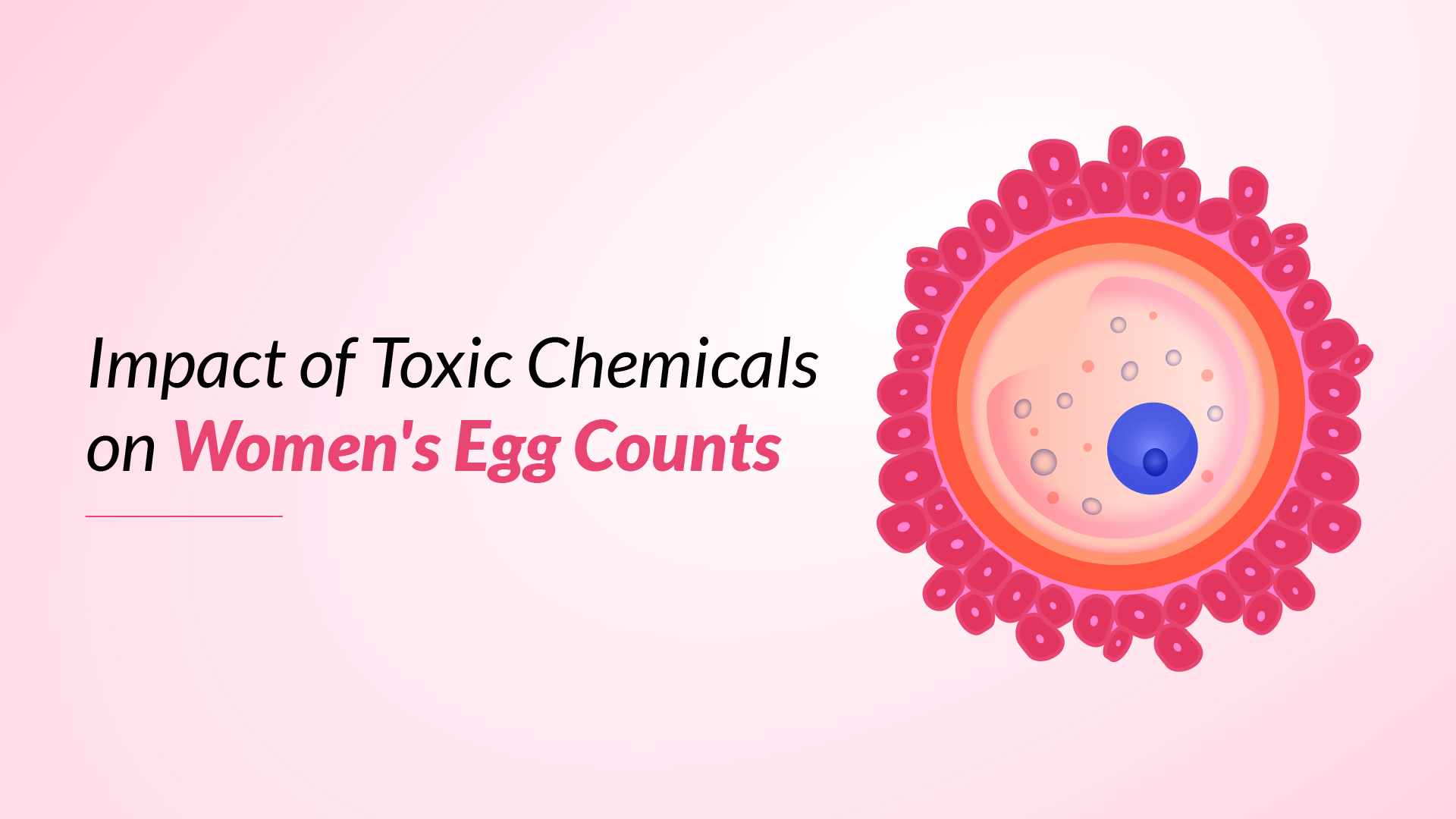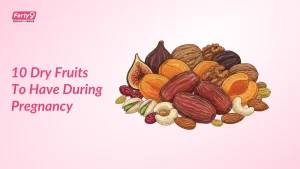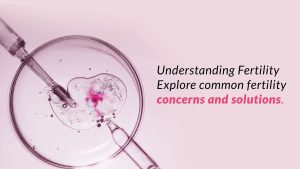In the modern world, we are constantly exposed to many chemicals potentially harmful to our health. One area of particular concern is the impact of toxic chemicals on women’s egg counts, a crucial factor in female fertility. Understanding this issue is essential for women who desire to conceive and maintain their reproductive health.
Related Read: Female Infertility: Common Causes and Possible Solutions
Understanding Women’s Egg Counts
A woman’s egg count, or ovarian reserve, refers to the number of viable eggs remaining in her ovaries. This count naturally decreases with age, but certain environmental factors, including toxic chemicals, can accelerate the decline. A diminished egg count can make it more difficult for couples to conceive and increase the risk of infertility.
Related read: Why Are Women Worried About Female Fertility Too Early?
How Toxic Chemicals Impact Egg Counts
Toxic chemicals can interfere with the delicate hormonal balance required for proper ovarian function and egg development. These chemicals can disrupt the balance inside the endocrine system, which regulates hormones like oestrogen and progesterone, essential for maintaining a healthy egg count. Additionally, some toxic chemicals can directly damage the ovarian follicles, where eggs mature, leading to a premature depletion of the egg supply.
Related Read: How Do Physical Activities Help Improve Female Fertility?
Common Types of Toxic Chemicals Affecting Egg Counts
Several types of toxic chemicals have been linked to a decrease in female egg counts. These include:
Persistent Organic Pollutants (POPs):
- Examples: Polychlorinated biphenyls (PCBs), dioxins, and certain pesticides
- Often found in contaminated food, water, and air.
- It can accumulate in the body over time due to its persistent nature.
Heavy Metals:
- Examples: Lead, mercury, and cadmium.
- Found in various industrial processes, consumer products, and environmental sources.
- It causes oxidative stress and damage to ovarian cells.
Phthalates:
- Commonly used in plastics, personal care products, and household items.
- It can disrupt hormonal balance and ovarian function.
Bisphenol A (BPA):
- Used in many plastic products, food packaging, and thermal receipts.
- It simulates the effects of oestrogen and disrupts hormonal balance.
Also read: Effects of Egg Abnormalities in Female Fertility
Key Research Findings on Toxic Chemicals and Egg Counts
Numerous studies have investigated the link between toxic chemical exposure and reduced egg counts in women. Here are some key findings:
- A study in the journal “Environmental Health Perspectives” revealed that females with higher levels of certain POPs in their blood had significantly lower levels of anti-Müllerian hormone (AMH), a marker of ovarian reserve.
- Research conducted by the University of California, San Francisco, revealed that women with higher levels of phthalates in their urine had lower AMH levels and fewer antral follicle counts, indicating a diminished egg supply.
- A study from the University of Michigan found that women exposed to higher levels of lead and cadmium had a higher risk of diminished ovarian reserve and a shorter reproductive lifespan.
- Harvard T.H. Chan School of Public Health reported that women with higher urinary levels of BPA had lower antral follicle counts and decreased ovarian response during in vitro fertilisation (IVF) treatment.
Long-term Health Implications
The impact of toxic chemicals on female egg counts extends beyond fertility concerns. A reduced egg count can also have long-term health implications for women, including:
Increased Risk of Early Menopause:
- Premature depletion of the egg supply can lead to an earlier onset of menopause.
- Early menopause can elevate the risk of osteoporosis, cardiovascular disease, and cognitive decline.
Hormonal Imbalances:
- Any imbalance in the endocrine system can lead to irregular menstrual cycles, mood disorders, and metabolic problems.
Reproductive Health Complications:
- A diminished egg count can increase the risk of miscarriages, ectopic pregnancies, and other reproductive health complications.
Also read: The Impact Of Age On Fertility
Protecting Yourself from Toxic Chemicals
While it’s impossible to eliminate exposure to toxic chemicals, there are steps women can take to minimise their risk:
- Eat a Balanced Diet: Consume a diet rich in antioxidants to neutralise the effects of toxic chemicals. Focus on fresh fruits, vegetables, whole grains, and lean proteins.
- Reduce Plastic Use: Limit the use of plastic containers and water bottles, especially those marked with the recycling codes 3, 6, & 7, which may contain phthalates and BPA.
- Use Natural Personal Care Products: Choose personal care products, such as cosmetics, shampoos, and soaps, free from harmful chemicals like phthalates and parabens.
- Avoid Secondhand Smoke: Secondhand smoke contains numerous toxic chemicals, including heavy metals and POPs, which can contribute to ovarian damage.
- Consider Air and Water Purification: Install air and water purification systems in your home to reduce exposure to airborne pollutants and contaminants in drinking water.
- Stay Informed: Educate yourself about the potential sources of toxic chemical exposure and read product labels carefully to make informed choices.
Consult a reproductive endocrinologist to learn more about protecting your reproductive health and maintaining a healthy egg count. They can provide personalised guidance & recommend appropriate tests and treatments based on your circumstances. Don’t hesitate to prioritise your fertility and overall well-being.
Find Hope and Solutions for Female Infertility and Male Infertility — Explore Our Comprehensive Services
IVF Treatment
IUI Treatment
ICSI Treatment
PICSI Treatment
Fertility Preservation Service
Blastocyst Culture & Transfer Treatment
Conclusion
The impact of toxic chemicals on women’s egg counts is a significant concern that should not be overlooked. By understanding the potential sources of exposure & taking measures to reduce your risk, you can help safeguard your fertility and long-term reproductive health. Remember, a healthy egg count is crucial for successful conception and a smooth pregnancy journey.





























